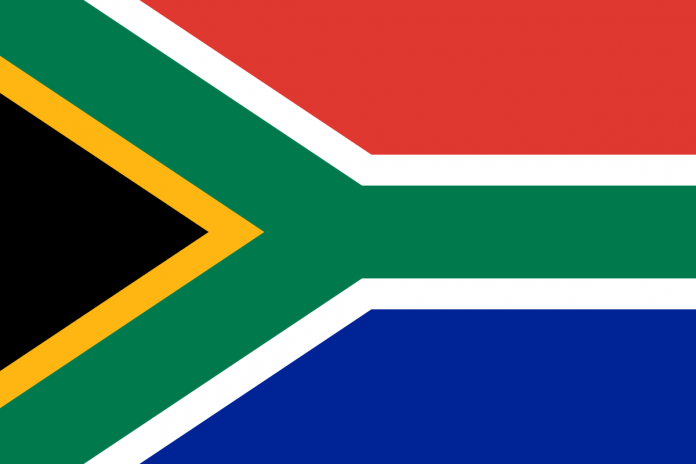South Africa: North West University Pride Wall Vandalism Sparks Fears of Anti-LGBTQ Hostility

A wall depicting the “rainbow” flag representing lesbian, gay, bisexual, transgender, and queer (LGBTQ) pride at the North West University (NWU) Mahikeng campus was vandalised at the weekend.
Known as the pride wall, the structure was spray-painted with the words “we not gays”. This is the second such incident to happen at the institution in the space of a month. In September, the pride wall at NWU’s Potchefstroom campus was also vandalised, raising serious concerns about the persistence of anti-queer sentiments at the institution.
“The recent vandalism deeply saddens and disturbs me. That wall was never just a mural; it was a symbol of visibility, love, and resilience for queer students who, for so long, felt unseen or unsafe on campus,” says Tshepo Segalwe, a junior lecturer and a member of the LGBTQI+ community.
“Seeing it defaced feels like a direct attack on everything it stood for. It’s not ‘just vandalism’. It’s a deliberate act meant to silence and intimidate.”
Segalwe says the act is homophobic and reflects the lingering prejudice that still exists, even in spaces that should foster diversity and inclusion.
The pride wall, which was unveiled in May 2021 through a collaboration between the Student Campus Council (SCC) and the Student Development and Counselling Centre, featured the rainbow pride flag along with an explanation of the symbolic meaning of each colour.
Attack on community
The SCC in Mahikeng described the incident as “not only an attack on the queer community but also an attack on the values of respect, unity, and diversity that define our university.”
“The SCC does not support or tolerate any form of discrimination, hate speech, or violence on our campus,” the council said in a statement. “Such actions are unacceptable and stand in direct opposition to the inclusive environment we strive to maintain for all students.”
NWU spokesperson Bertie Jacobs said in a statement that the vandalism “stands in direct opposition to our values and ethos”.
“We pride ourselves on upholding and protecting the dignity of all members of our community, regardless of race, political affiliation, religion, gender, or sexual orientation. We remain committed to diversity in all its forms; thus, we will not tolerate actions that seek to undermine the sense of belonging for our students, staff, and other stakeholders.”
Not all in support
But some at the university say they are not in support of the pride wall.
“The idea that everyone is comfortable with this sign hanging around their institution is what’s crazy. Maybe it is time NWU learns that they cannot force certain beliefs on everyone, especially here in Africa,” says one student, who wished to remain anonymous.
This sentiment highlights a critical tension between the university’s commitment to inclusivity and the diverse, often conservative, cultural and religious values of its student body.
The Potchefstroom pride mural was previously vandalised in 2023. And in 2024, a student was suspended after disrupting a first-year orientation event for being inclusive of the LGBTQ+ community.
“This vandalism means that NWU Mahikeng campus is no longer a safe space for queer and trans people. The institution may try to promote inclusivity and diversity, yet it fails to enforce the principles in real life, which is exactly where they must be applied,” says another student who spoke anonymously with Health-e News.
In December 2024, the Commission for Gender Equality (CGE) released a report revealing widespread sexual harassment, poor policy implementation, and institutional failures to protect students at South Africa’s universities, including NWU.
The CGE’s findings highlighted the ongoing marginalisation of vulnerable groups, particularly LGBTQ+ students, and underscored the urgent need for stronger accountability, awareness, and inclusive leadership in higher education.
The Young Builders Movement Student Chapter called upon NWU to take decisive and visible action against this misconduct, in demonstration of a firm stance to protect the dignity, rights, and well-being of all students, irrespective of their sexual orientation, gender identity, or expression. “Acts of intolerance and discrimination have no place within our campus community and society at large.”
By Bakang Ditibane



